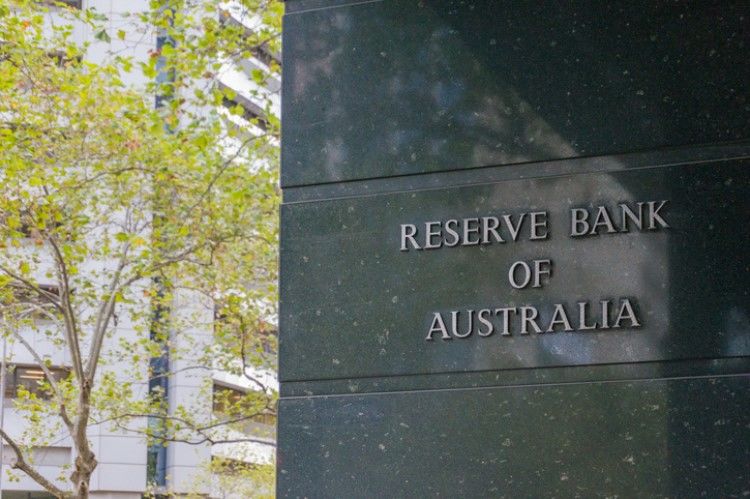
For over 30 consecutive months, the Reserve Bank of Australia has kept the cash rate chilled at 1.5% — maintaining the record-low interest-rate environment despite the increasing likelihood of an economic slowdown.
In its previous monthly outlook, the central bank slashed its forecast for GDP growth to 2.4% for the year to June 2019, significantly lower than the above-trend 3.2% expectation it had in November. This also led RBA to take on a more neutral stance on the next rate movement, expressing the possibility of a rate cut instead of being firm with its rate hike expectations.
However, RBA Governor Philip Lowe kept his optimistic take on the economy, saying the robust business investment, strong public infrastructure spending, and stable employment growth will all continue to buoy Australia.
"The central scenario is still for the Australian economy to grow by around 3% this year," he said, "The main domestic uncertainty continues to be the strength of household consumption in the context of weak growth in household income and falling housing prices in some cities."
Market watchers and some economists, on the other hand, think that it is only a matter of time before RBA succumbs to cutting the official cash rate further.
Callam Pickering, an economist at Indeed Asia-Pacific, told Business Insider Australia that the GDP data to be released today will point to a further slowdown in the country's economy.
"The sheer number of spot fires across the Australian economy — which includes core inflation well below its target and falling house prices — has created an environment where cutting rates may be the most prudent course to take," he said.
The uncertainties surrounding household consumption are also likely to worsen given the sluggish wage growth and continued decline in property prices.
In a report in The Sydney Morning Herald, CoreLogic head of research Tim Lawless shared similar insights, noting that there is a strong possibility that rate cuts will happen later this year.
"The strong labour market report for January was likely a key factor in keeping rates on hold, however, in balance, wages have grown at a consistently low rate growth and inflation remains stubbornly below the target range," he said, "The sharp slowdown in residential construction activity and relatively benign retail trade figures may be hinting that weak housing market conditions are already spilling over to the broader economy."
Collections: Mortgage News



Share